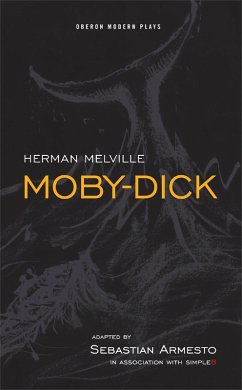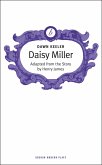'It's true. It's all true for Moby-Dick. He's a killer, he's a fury, he's an angel of hell. Why if the white whale could talk he'd talk like Ahab.'
Nantucket. 1851. Centre of a whaling industry that transformed blubber into the oils and candles that lit the world. It's there that a schoolmaster called Ishmael arrives to ship on a whale-boat. He enrols under Ahab, Captain of the Pequod - a man bent on destroying the white whale that lost him his leg. Certain the destruction of his nemesis will slake his thirst; Ahab's single-minded pursuit of Moby-Dick consumes Ishmael, the crew and the Pequod itself.
The spirit and atmosphere of Herman Melville's masterpiece - romantic, ambiguous, characterful and rich with allegory - is captured.
Nantucket. 1851. Centre of a whaling industry that transformed blubber into the oils and candles that lit the world. It's there that a schoolmaster called Ishmael arrives to ship on a whale-boat. He enrols under Ahab, Captain of the Pequod - a man bent on destroying the white whale that lost him his leg. Certain the destruction of his nemesis will slake his thirst; Ahab's single-minded pursuit of Moby-Dick consumes Ishmael, the crew and the Pequod itself.
The spirit and atmosphere of Herman Melville's masterpiece - romantic, ambiguous, characterful and rich with allegory - is captured.









